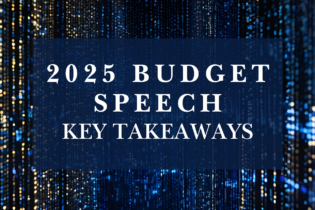If you’re reading this there is a good chance you are attending the South African Federation of Civil Engineering Contractors’ (SAFCEC) 74th Annual Convention.
This year’s event will continue in the tradition of years past where SAFCEC members, regardless of company size, get together to gain a better understanding of the external and internal dynamics that shape the civil engineering contracting industry. This is imperative given the platform of the event so that all can stay optimally informed and operative in South Africa’s ever-changing business and financial environment. The construction industry remains recognised as a key player in South Africa’s economic growth, especially at a time when the provision of infrastructure, skills development, transformation and a competitive construction sector is vital. SAFCEC envisages a future of an inclusive, progressive and prosperous construction industry, and it is the organisation’s hope that this year its members’ passion and commitment will be revitalised so that it can drive economic growth and achieve a legacy for all to benefit. With the keynote speaker set as the minister of Public Works, Thembelani Thulas Nxesi, and other speakers such as Justice Malala, Roelof Botha, Rosalind Lake (Norton Rose Fulbright), Sonja Pilusa (Construction Education and Training Authority), Thabo Masombuka (Construction Sector Charter Council) and Nick Faasen (Bargaining Council for the Civil Engineering Industry), the convention is set to be the changing point event for the industry.A few months back, Eskom’s outgoing finance director, Paul O’Flaherty raised his concerns at the state of the construction industry following delays with the Medupi power plant project.
SAFCEC president Norman Milne disagreed with O’Flaherty’s statements pointing out that this is the same industry that successfully delivered the 2010 World Cup stadia and associated infrastructure that was instrumental in South Africa hosting a world-class tournament. He agreed that the industry is facing some challenges regarding skills. However, it was difficult to anticipate the training required in the typical “feast or famine” cycle that has prevailed in the construction industry for many years. “If contractors can see a sustainable pipeline of projects they will be more than willing to incur the cost of training now as an investment for the future,” he said. “The current status of the Medupi project is unfortunate, but is not a true representation of South Africa’s construction industry. Eskom engaged with the civil engineering industry prior to Medupi commencing to agree on the processes needed for successful project delivery. Unfortunately events overtook the best intentions of the parties and construction of Medupi had to start to urgently address the power crisis,” he explained.





